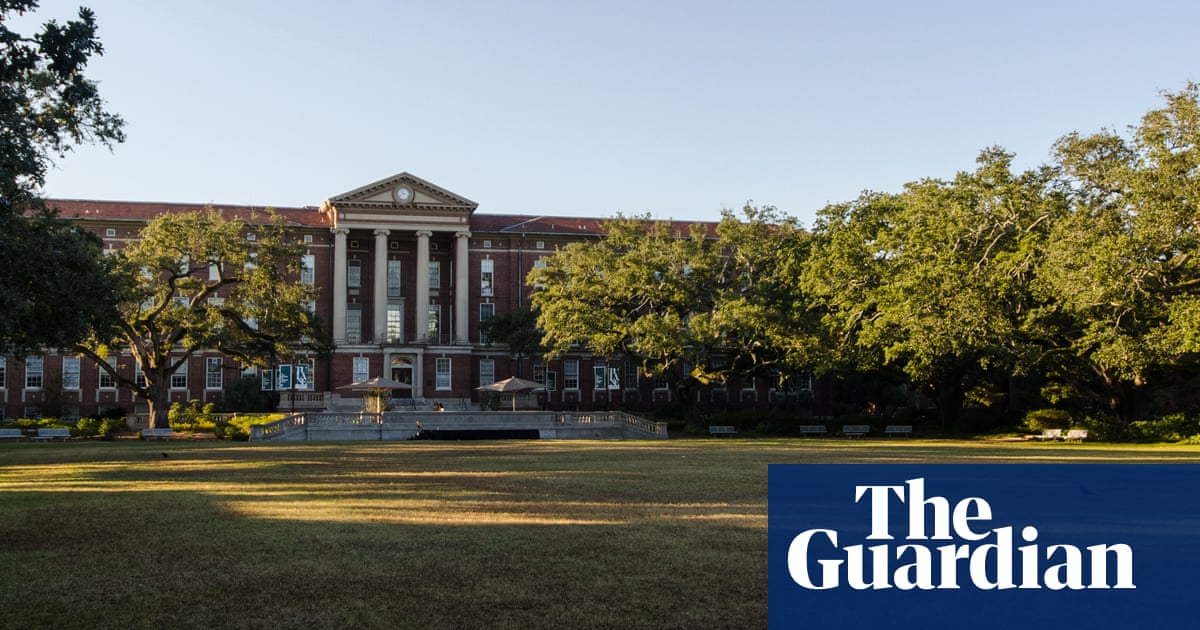On June 23, 2025, I attended an event at Kew Gardens during London Climate Action Week. Brazilian Minister Correa do Lago, who oversees climate policies, shared insights on how the agreements made in Paris will come to life in Belém, Brazil. He emphasized the importance of involving local governments, communities, and academics in climate action. This event highlighted a growing trend: to effectively address climate issues, we must prioritize the voices of those most affected.
Brazil Week 2025 echoed this sentiment. The theme focused on “Subnational Governments and the Global South,” aiming to shift the dominance of global decision-making away from traditional powers like the G7. In recent years, new alliances have emerged, such as IBSA (India, Brazil, South Africa), changing the landscape of international diplomacy. Cities and regions are now taking independent initiatives to impact environmental policies. For instance, the Amazon Summit of Local Governments in 2009 showed the importance of local action even before major global conferences.
As the world turns its attention to COP30 in Belém, the summit is more crucial than ever. This event places a spotlight on the Amazon rainforest and the Indigenous communities living there. It aims to increase Indigenous representation in climate discussions, acknowledging that these communities often bear the most significant impacts of climate change, even though they contribute the least to the problem.
At a recent panel I organized, experts from various backgrounds shared their thoughts on COP30’s potential. One interesting perspective from Artur Falcette, the Deputy Secretary for the Environment in Mato Grosso do Sul, highlighted that in Brazil, much of the land that remains untouched is privately owned, particularly by the agricultural sector. This points to a need for a new economic approach that values the diverse benefits of forests beyond just their timber.
Bruno Quick, Technical Director at SEBRAE Nacional, encouraged a shift in how we assess climate finance. Instead of measuring success through traditional economic yardsticks, we should ask how much it costs for local communities, like the ribeirinhos or Indigenous peoples, to thrive in a healthy environment. Barbara Abrahão, a doctoral candidate at Oxford, further pushed this idea by questioning the worth of maintaining these communities’ ways of life.
According to Dr. Anit Mukherjee, there’s hope for Brazil to take the lead in global climate action. Although the challenge of moving away from fossil fuels is significant, Brazil has the chance to set an example for other developing nations. The hosting of COP30 offers a pivotal moment for Brazil, putting it at the center of international climate discussions.
In today’s climate crisis, it’s clear that economic growth cannot happen without environmental protection. Climate-related disasters are racking up costs worldwide, urging us to find new models for sustainable development. Fernanda Gimenes pointed out that innovative, nature-based solutions are essential, and Dr. Claudia Sarmento noted that it’s the diverse voices, especially youth, that are driving these conversations forward.
Ultimately, while the final decisions often rest with a few powerful individuals, it’s vital that all voices are included in the discussions that shape our environmental future. COP30 could be a turning point, not just for Brazil, but for how we all approach climate change.
For more insights on climate action and international policies, visit the United Nations Framework Convention on Climate Change UNFCCC.




















